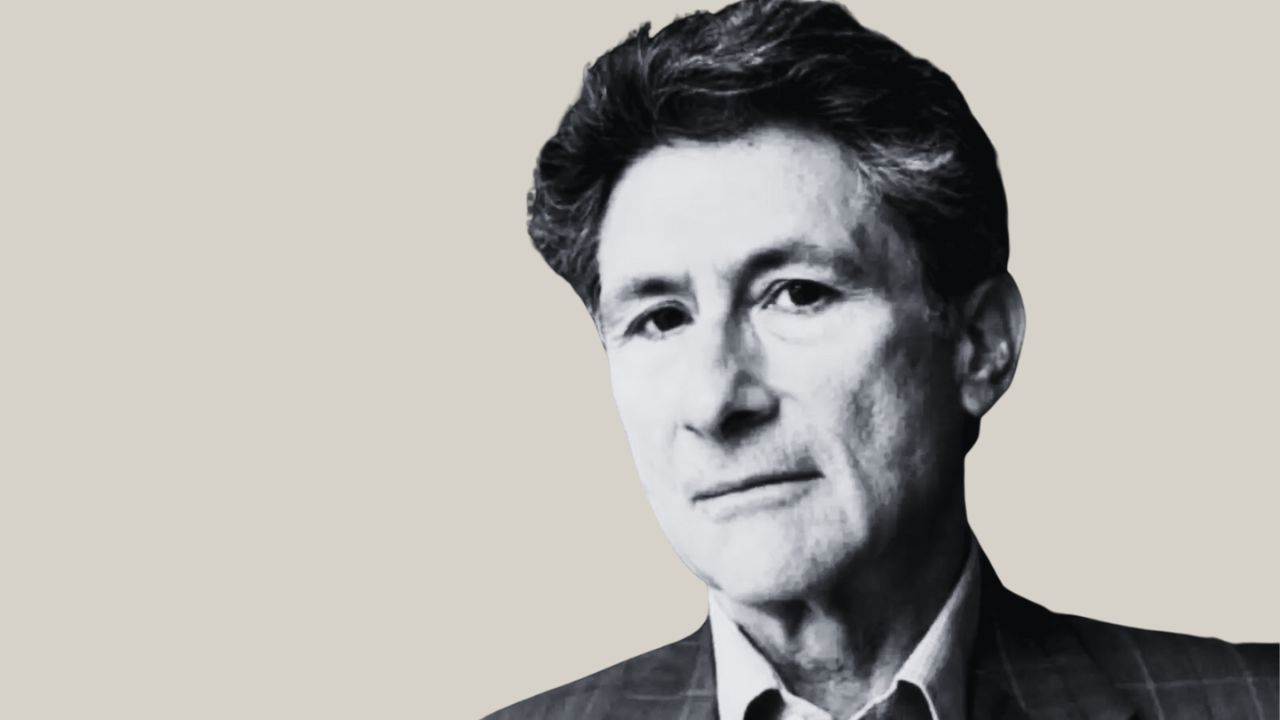Monday marked the solemn occasion of the 20th anniversary of the passing of Edward Said, a Palestinian-American literary critic, activist, and academic who left an indelible mark on the world through his groundbreaking work in postcolonial theory. Widely recognized as one of the most prolific literary figures of the 20th century, Edward Said’s contributions profoundly reshaped the depiction of Arab and Asian culture and history in the Western world.
Hailed as the ‘father of postcolonial studies,’ Edward Said challenged the long-standing assumptions and stereotypes that had characterized Western views of the “Orient.” His seminal work, “Orientalism,” published in 1978, meticulously exposed the centuries-old harmful myths and biases associated with the nebulous region stretching from Africa through the Middle East to East Asia.
Beyond the realm of academia, Edward Said was a revolutionary thinker who questioned the impact of Western imperialism and colonialism on the Arab and Asian world. His work forced the West to confront its own biases and rethink its approach to these regions.
Edward Said was not content to merely critique the status quo; he used his platform to become an outspoken advocate for Palestinian liberation and other Arab causes. His writings and activism resonated globally, earning respect even among his critics.
In the context of the Arab-Israeli conflict, Said’s influence was profound. He challenged prevailing narratives and assumptions, emphasizing the Palestinian perspective and shedding light on the suffering and dispossession of the Palestinian people. Works such as “The Question of Palestine” and “The Politics of Dispossession” exposed the complexities of the conflict and the injustices faced by Palestinians.
Edward Said’s impact extended beyond the Arab-Israeli conflict. He also scrutinized Western values, including secularism and materialism. His writings prompted self-reflection among Western intellectuals and policymakers, urging them to recognize that Western values and perspectives were not inherently superior and that their imposition on other cultures had detrimental consequences.
Twenty years after Edward Said’s passing, his intellectual legacy continues to shape our world. His revolutionary ideas challenged Western assumptions about the “Orient,” exposed the realities of the Arab-Israeli conflict, and forced a reevaluation of Western values. Additionally, his exploration of the Arabic language highlighted the richness of linguistic diversity.
As we reflect on his life and work on this 20th anniversary, we pay tribute to an intellectual giant whose influence transcends borders and generations. Edward Said’s enduring impact reminds us of the power of critical thinking, advocacy for justice, and the importance of challenging the status quo.
Related










































